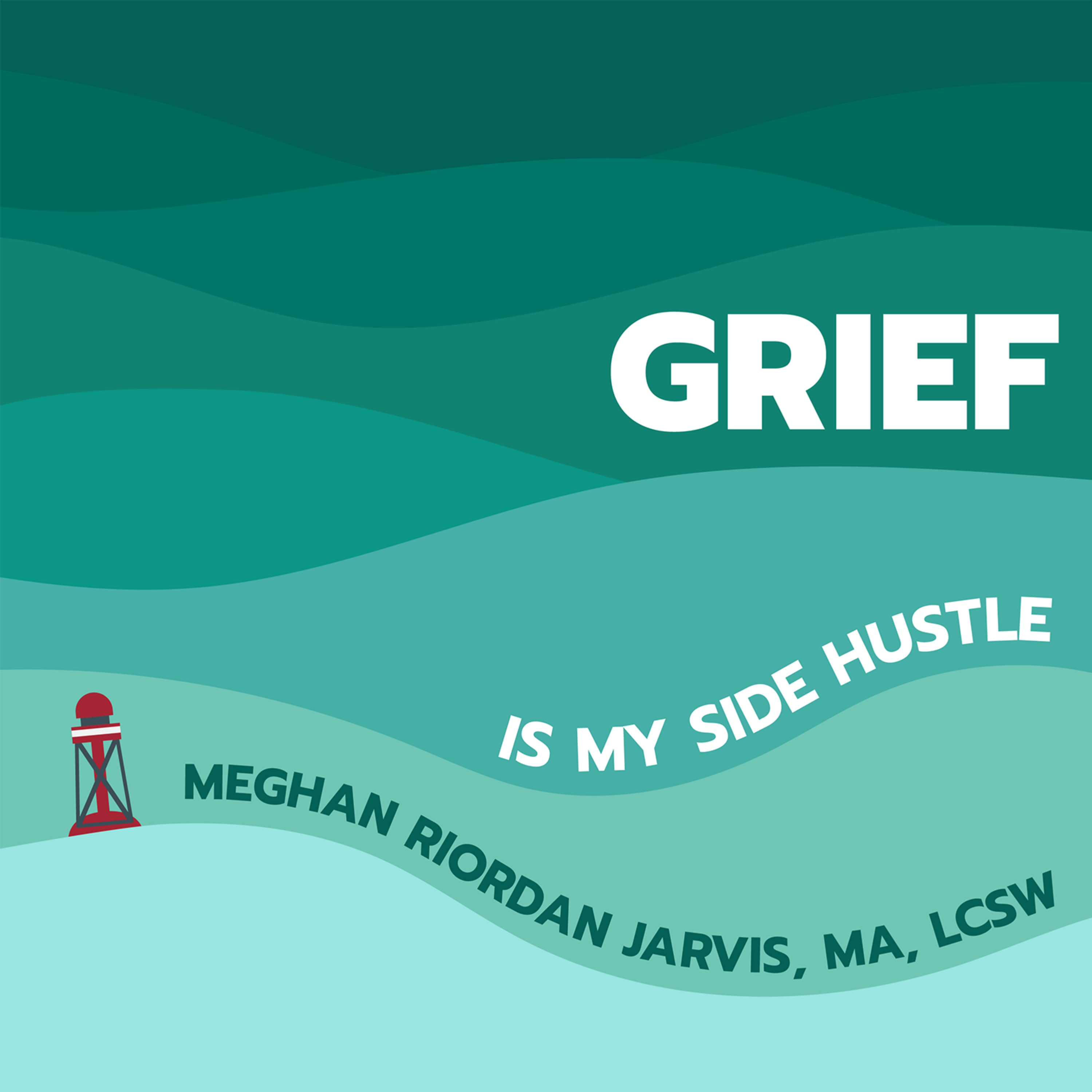We can't find the internet
Attempting to reconnect
Something went wrong!
Attempting to reconnect

Access AI content by logging in
ABOUT THE AUTHOR:
Mary-Frances O’Connor, PhD is an associate professor of psychology at the University of Arizona, where she directs the Grief, Loss and Social Stress (GLASS) Lab, which investigates the effects of grief on the brain and the body. O’Connor earned a doctorate from the University of Arizona in 2004 and completed a fellowship at UCLA. Following a faculty appointment at UCLA Cousins Center for Psychoneuroimmunology, she returned to the University of Arizona in 2012. Her work has been published in the American Journal of Psychiatry, Biological Psychiatry, and Psychological Science, and featured in Newsweek, the New York Times, and The Washington Post. Having grown up in Montana, she now lives in Tucson, Arizona. For more information go to https://www.maryfrancesoconnor.com/
Loss of a loved one is something everyone experiences, and for as long as humans have existed, we have struggled when a loved one dies. Poets and playwrights have written about the dark cloak of grief, the deep yearning, and devastating heartache of loss. But until now, we have had little scientific perspective on this universal experience. In THE GRIEVING BRAIN: The Surprising Science of How We Learn from Love and Loss (HarperOne; February 1, 2022; Hardcover) renowned grief expert, neuroscientist, and psychologist Mary-Frances O’Connor, Ph.D., shares groundbreaking discoveries about what happens in our brain when we grieve, providing a new paradigm for understanding love, loss, and learning.
In The Grieving Brain, O’Connor, who has devoted decades to researching the effects of grief on the brain, reveals a fascinating new window into one of the hallmark experiences of being human. She makes cutting-edge neuroscience accessible and guides us through how we encode love and grief. With love, our neurons help us form attachments to others; but, with loss, our brain must come to terms with where our loved ones went, and how to imagine a future that encompasses their absence. Significantly, O’Connor debunks Kubler-Ross’ enduring idea of the “Five Stages of Grief” and sets a new paradigm for understanding grief on a neurological level.